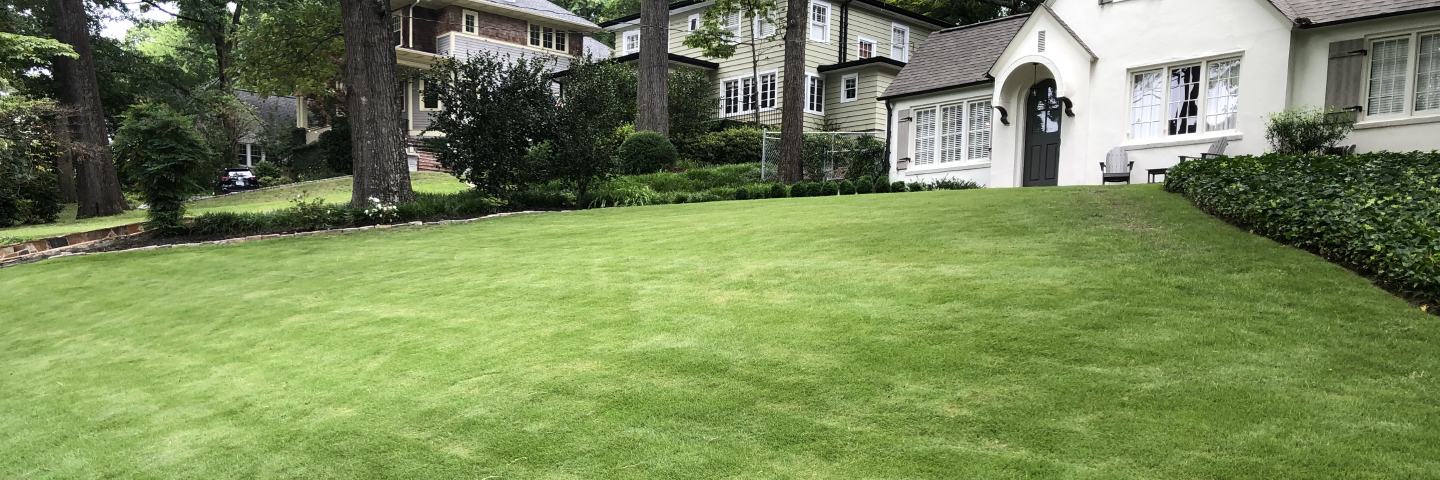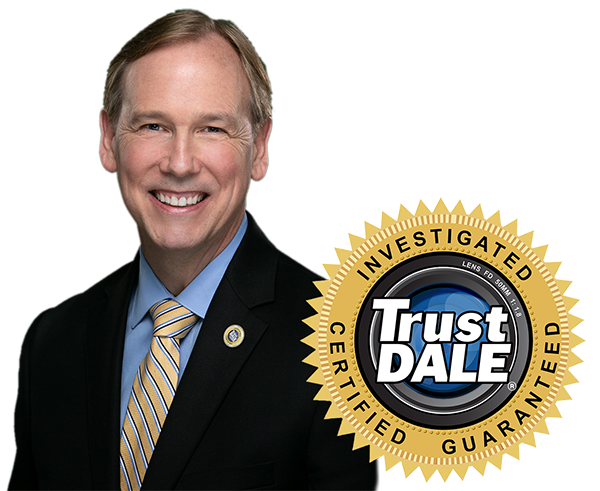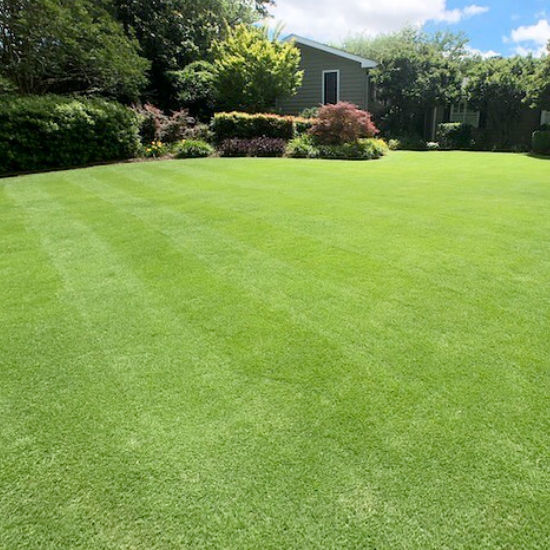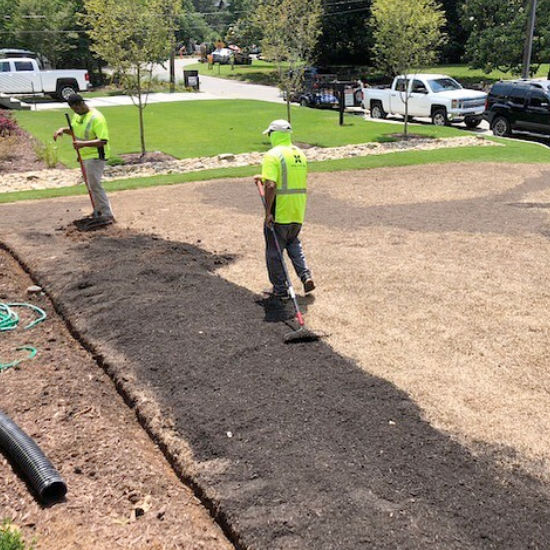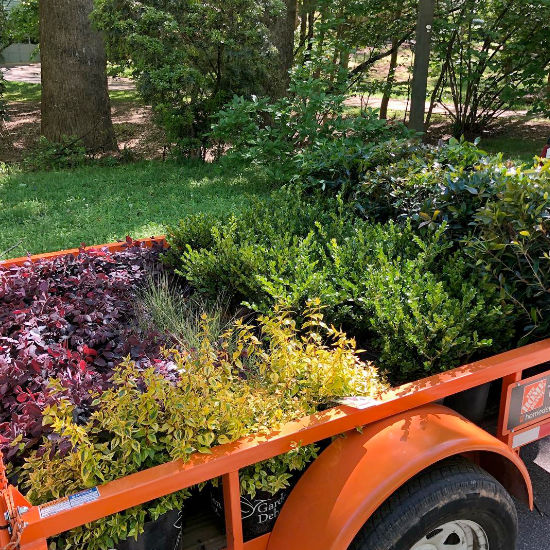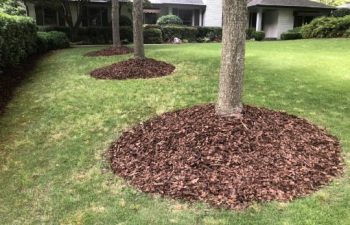
Spring and summer can be the time you enjoy your lawn most. Unfortunately, the warmer temperatures can also be a prime time for disease to spread throughout your turf. You’ll need to keep a close eye on your grass and address any unusual changes in appearance. Here are three common lawn diseases to watch out for in late spring and summer:
Dollar Spot
While this fungus can primarily affect golf courses and recreational turf, it can also be a problem in residential grasses. Dollar spot is true to its name, as it is identified by silver dollar sized patches of sunken, straw-colored grass. Treatment for dollar spot is based on its cause, which can include mowing too close, not getting enough lawn food or leaving wet leaves on your lawn for too long.
Brown Patch
This is the most damaging turfgrass disease caused by a fungus called Rhizoctonia. Brown patch is sneaky because the grass may first appear healthy when it is already infected. Once the temperatures reach 85 degrees during the day and above 70 degrees overnight, brown patch becomes active and quickly aggressive. Its first appearance is often circular areas of brown and dead grass surrounded by a narrow, dark ring. It grows out from a central point and its circles can range from a few inches in diameter to several feet. To avoid brown patch, try not to use high levels of nitrogen in fast release form.
Lawn Rust
If your lawn is covered by a layer of orange or yellow tinted dust, you likely have lawn rust.
Another common fungal disease that can affect your summer turf is lawn rust. While dollar spot and brown patch may show up in early summer, lawn rust is more likely to present itself in late summer and even early fall. Lawn rust is relatively harmless and easily treated in most cases, though it can weaken your grass and stunt its growth. You can attempt to fertilize your lawn, mow it regularly and water it during the morning hours to discourage lawn rust growth. If needed, a fungicide can be applied to kill lawn rust.
At Woodburn Landscapes, we like to take a proactive approach to your lawn care. Let our professionals treat your turf so that you can avoid unsightly and costly lawn fungus in the coming months.
Posted on behalf of
2090 Dunwoody Club Dr, STE 106-110
Atlanta, GA 30350
Phone: (678) 551-0916
Email: info@woodburnlandscapes.com
